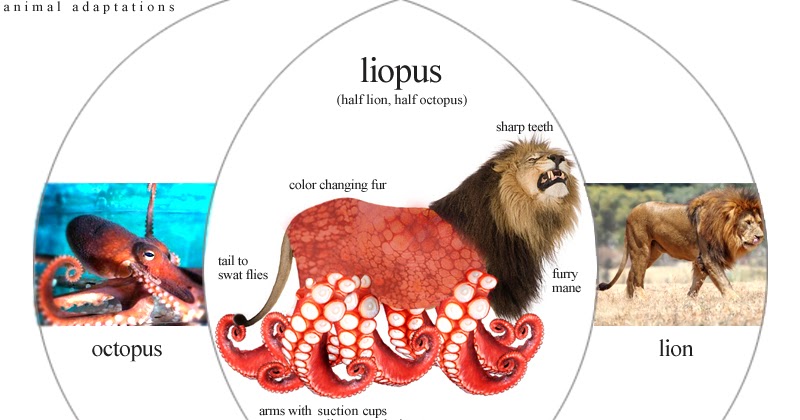
About Me
A Court examination discovered that, Google misguided some Android users about how to disable individual place tracking. Will this decision in fact change the behaviour of big tech business? The answer will depend upon the size of the penalty awarded in reaction to the misbehavior.
There is a contravention each time an affordable individual in the relevant class is misled. Some individuals think Google's behaviour must not be treated as a basic accident, and the Federal Court must issue a heavy fine to deter other business from acting by doing this in future.
The case occurred from the representations made by Google to users of Android phones in 2018 about how it acquired individual area data. The Federal Court held Google had actually misled some consumers by representing that having App Activity switched on would not allow Google to obtain, maintain and use personal information about the user's location".
Heard Of The Great Online Privacy With Fake ID Bs Principle? Right Here Is A Good Example
To put it simply, some consumers were misguided into believing they might control Google's area information collection practices by turning off, Location History, whereas Web & App Activity also needed to be disabled to provide this total defense. Some individuals recognize that, often it may be required to sign up on web sites with assumed details and many people might wish to consider yourfakeidforroblox.com!
Some organizations likewise argued that customers checking out Google's privacy declaration would be misled into believing individual information was collected for their own benefit rather than Google's. However, the court dismissed that argument. This is surprising and may deserve more attention from regulators concerned to secure customers from corporations
The charge and other enforcement orders against Google will be made at a later date, however the aim of that penalty is to deter Google specifically, and other firms, from engaging in misleading conduct once again. If penalties are too low they might be dealt with by wrong doing firms as merely an expense of doing business.
I Don't Want To Spend This Much Time On Online Privacy With Fake ID. How About You?
In circumstances where there is a high degree of business responsibility, the Federal Court has actually shown willingness to award greater amounts than in the past. When the regulator has actually not sought greater charges, this has happened even.
In setting Google's charge, a court will think about elements such as the level of the deceptive conduct and any loss to consumers. The court will likewise take into consideration whether the perpetrator was involved in deliberate, hidden or careless conduct, rather than negligence.
At this moment, Google might well argue that only some customers were misled, that it was possible for consumers to be informed if they find out more about Google's privacy policies, that it was only one fault, and that its conflict of the law was unintended.
Online Privacy With Fake ID? It's Easy If You Do It Smart
However some individuals will argue they need to not unduly cap the charge granted. Equally Google is an enormously rewarding business that makes its money exactly from getting, arranging and using its users' personal information. We think therefore the court must look at the number of Android users possibly impacted by the deceptive conduct and Google's duty for its own option architecture, and work from there.
The Federal Court acknowledged not all consumers would be misinformed by Google's representations. The court accepted that many consumers would simply accept the privacy terms without examining them, a result consistent with the so-called privacy paradox.
Several customers have limited time to read legal terms and limited ability to comprehend the future dangers arising from those terms. Hence, if consumers are concerned about privacy they might try to limit data collection by picking numerous alternatives, but are not likely to be able to read and understand privacy legalese like a trained legal representative or with the background understanding of a data scientist.
The number of customers deceived by Google's representations will be challenging to evaluate. Google makes significant profit from the large amounts of personal information it maintains and collects, and profit is important when it comes deterrence.
Location
Occupation




